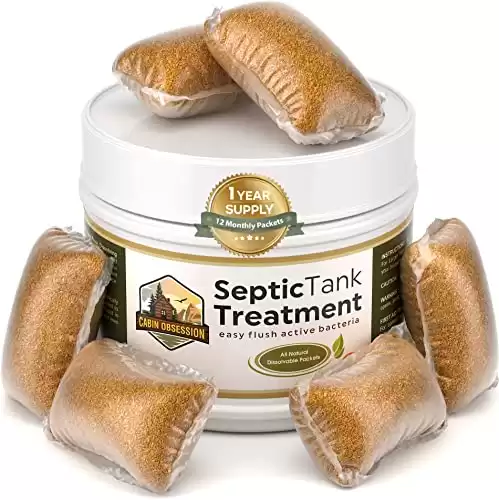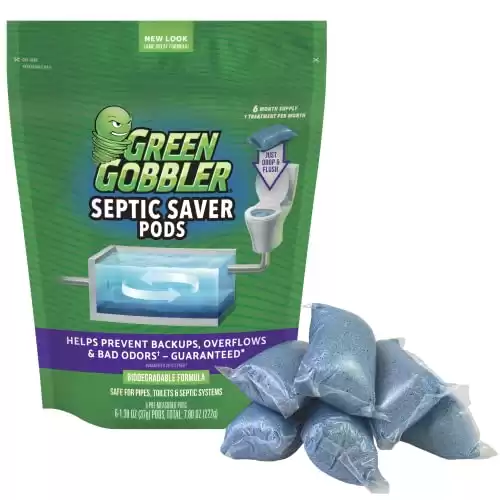Septic Tank Treatment: A Quick Guide
Septic tank treatment is an essential aspect of maintaining a healthy and efficient septic system. Regular maintenance and proper treatment can prevent costly repairs and ensure the longevity of your septic tank. In this article, we will explore the importance of septic tank treatment and provide you with valuable insights on how to properly maintain your septic system.
Why is Septic Tank Treatment Important?
A well-functioning septic system is crucial for maintaining a clean and safe environment. Septic tank treatment plays a vital role in breaking down solid waste, preventing clogs, and promoting the growth of beneficial bacteria. The treatment process helps to maintain the balance of bacteria and enzymes in the septic tank, ensuring efficient decomposition of waste materials.
Understanding the Treatment Process
To facilitate proper septic tank treatment, it is important to understand the treatment process and the products involved. There are various types of treatments available, including chemical additives, bacterial treatments, and enzyme-based products. These treatments work by introducing beneficial bacteria and enzymes into the septic system to aid in the breakdown of organic matter.
Choosing the Right Septic Tank Treatment
Consider factors such as the size of your tank, the number of occupants in your household, and the overall condition of your system. It is recommended to consult with a professional septic tank service provider to determine the most suitable treatment option for your specific needs.
Maintenance Tips for a Healthy Septic System
In addition to regular septic tank treatment, there are several maintenance tips you can follow to ensure a healthy septic system:
- Be mindful of what you flush: Avoid disposing of non-biodegradable items, such as plastics, sanitary products, or chemicals, as they can cause clogs and damage to your septic system.
- Conserve water: Excessive water usage can overload your septic system and disrupt its functionality. Implement water conservation practices, such as fixing leaky faucets, using efficient appliances, and spreading out laundry loads.
- Schedule regular inspections: Routine inspections by a professional can help identify potential issues before they escalate into costly repairs. Regular pumping of the septic tank is also essential to prevent the accumulation of solids.
- Avoid heavy machinery: Keep heavy machinery and vehicles away from the septic system to prevent damage to the tank or drain field.
Signs of a Failing Septic System
It is important to know the warning signs that indicate a failing septic system. Look out for the following indicators:
- Foul odors: Strong, persistent odors around your septic tank or drain field may signal a problem.
- Slow drains: If your sinks, toilets, or showers are slow to drain, it could be a sign of a clogged or failing septic system.
- Pooling water: Puddles of water or excessive moisture around the septic tank or drain field could indicate septic system failure.
If you notice any of these signs, seek professional assistance to prevent further damage to your septic system.
Conclusion
Proper septic tank treatment is paramount for maintaining a healthy and efficient septic system. By understanding the treatment process, choosing the right products, and following essential maintenance tips, you can ensure the longevity and functionality of your septic system. Regular inspections and prompt, professional assistance are key to addressing any potential issues and preventing costly repairs. Take care of your septic system, and it will take care of you.










